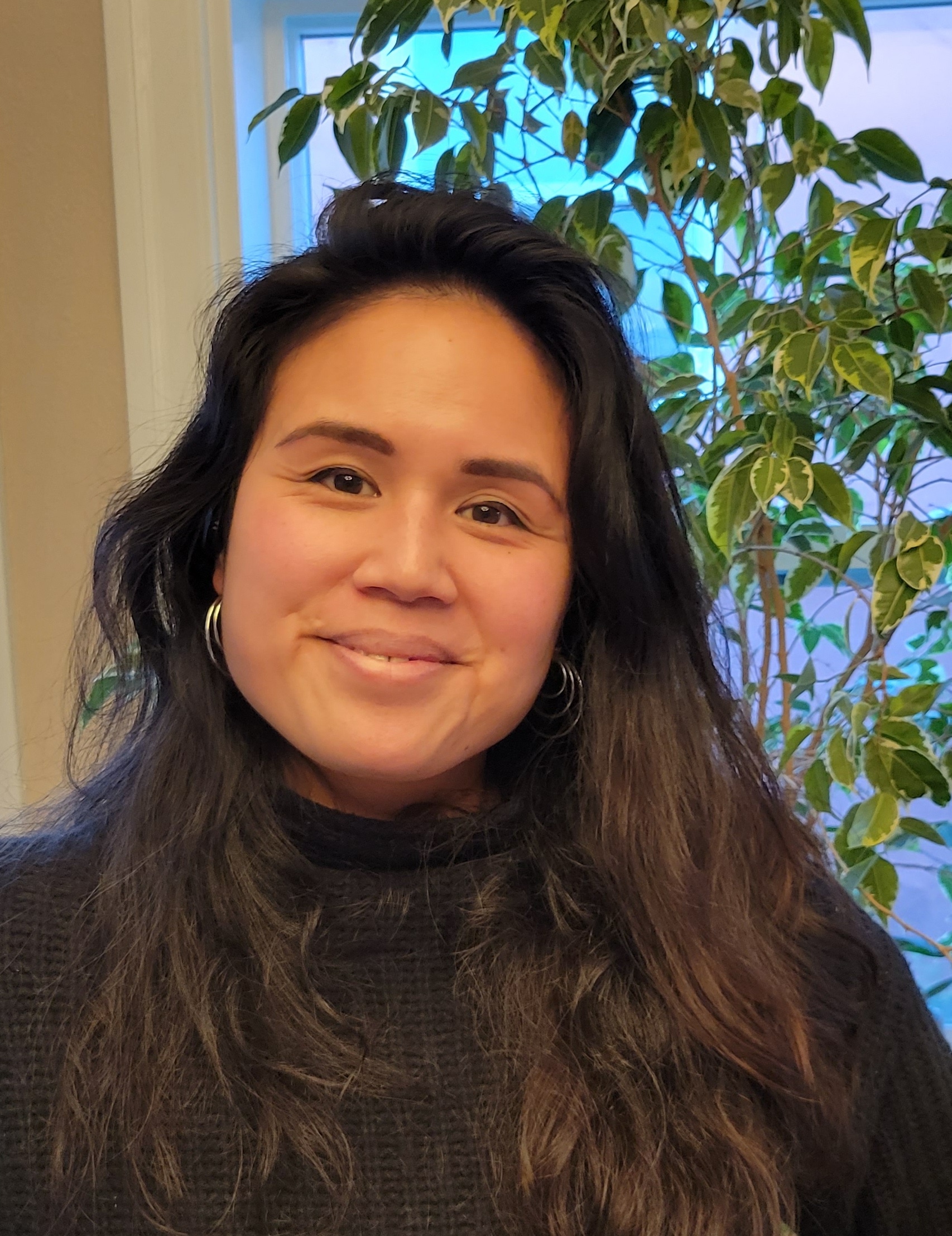Francesca "Chesa" Caparas

Chesa Caparas is a Professor of English, Women’s Studies, and Asian American and Asian Studies at De Anza College in Cupertino, California, an Associate Degree granting institution. She teaches in learning communities designed to support students from historically under-served populations. Her teaching and research interests include music and popular culture, social media and political polarization, and ethical applications of artificial intelligence (AI) in education. As a Fulbright Scholar, she conducted research on media and information literacy (MIL) in education in the Philippines. She conducted interviews and focus groups with educators at the senior high school and university level about how they navigated teaching MIL amidst the intense political climate of the 2022 presidential election. She also hosted guest lectures in AI literacy at Far Eastern University, her host university in the
Philippines and supported professional development and institutional research for their gender and development office.
The Fulbright award allowed Chesa to deepen her understanding of media and information literacy from a global perspective while also reconnecting her with her ancestral homeland of the Philippines. Since returning, she has given presentations on her Fulbright research across the De Anza District, and for Stanford University, Community College of San Francisco, and Austin Community College. Chesa’s De Anza students, many of whom are children of immigrants, have been eager to hear first-hand experiences from other Asian-Americans who have spent time in Asia. She has been invited to co-lead De Anza’s Study Abroad program to the Philippines in Summer 2024. Her Fulbright also inspired her to pursue a master’s in information and knowledge strategy at Columbia University, focusing on integrating AI into large organizations.
Ask Me About:
- Building and maintaining connections with your host institution
- Carrying out the IRB/Ethical Review process across cultures and institutions
- Doing gender and development work across cultures
- Connecting with Indigenous populations in the host country
- Integrating with the local community through dance
